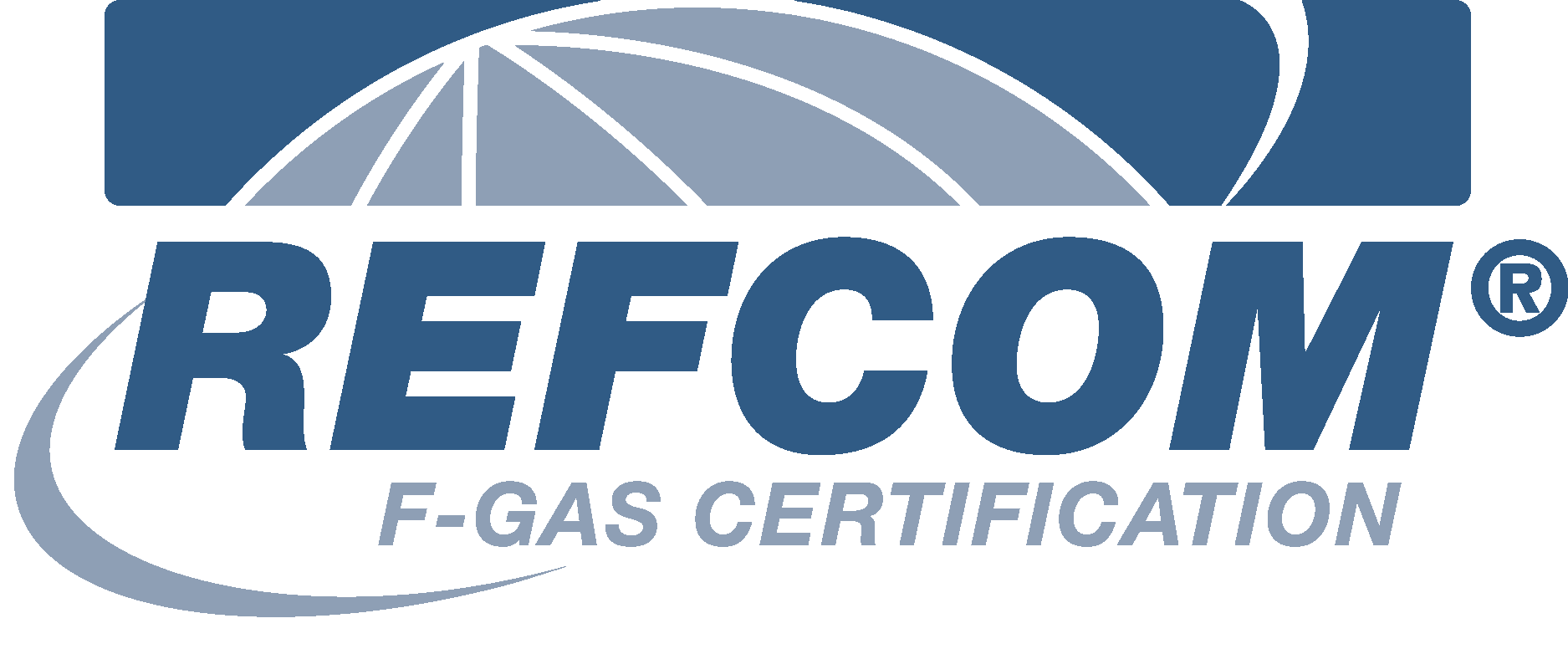Frequently Asked Questions
Some questions (FAQ) regularly asked of electricians and air conditioning engineer’s. If you have a particular query please use the contact for below or call 07572389683
Air Conditioning & Electrical FAQ
Electrical FAQ
Why do my lights flicker in my home?
Flickering lights in a home can be caused by an outdated electrical system, loose wiring, an insufficient power supply, or another appliance drawing too much power on the same circuit. It’s best to have an electrician diagnose the issue to determine if wiring or the electrical panel needs updating.
How do I know if my home’s electrical panel is dangerous?
Warning signs of a risky electrical panel include constant breaker trips, buzzing noises, a burning odor, or an age exceeding 20 years without updates. Panels from problematic brands like Federal Pacific or Zinsco could also pose hazards. A professional electrician can assess its safety.
Your What are GFCI outlets, and where are they required?
GFCI (Ground Fault Circuit Interrupter) outlets detect imbalances in electrical current and shut off power to prevent shocks. They’re required in residential and commercial settings near water, like bathrooms, kitchens, garages, and outdoor areas.
How often should I have my home’s electrical system inspected?
A home’s electrical system should be inspected every 10 years for general safety, or every 3-5 years if it’s older (pre-1960s) or showing issues like flickering lights or tripping breakers. After major renovations or storm damage, an immediate inspection is also wise.
What causes a circuit breaker to trip in a commercial building?
A circuit breaker in a commercial building may trip due to an overload (too many devices on one circuit), a short circuit (faulty wiring), or a ground fault. It could also indicate outdated equipment unable to handle modern loads— an electrician can pinpoint the cause.
Can the same electrician handle both home and business projects?
Not always. Residential electricians focus on homes, while commercial ones tackle larger, more complex systems with higher voltages and tougher codes. Some are skilled in both, but verify their experience aligns with your specific job.
How can I make my residential electrical system more energy-efficient?
To improve energy efficiency at home, switch to LED lighting, use smart thermostats, install energy-efficient appliances, add occupancy sensors, and consider solar panels with battery backup. Regular maintenance, like checking wiring and insulation, also helps reduce waste.
Why does my commercial building need a three-phase power system?
Three-phase power is used in commercial buildings for its efficiency in distributing electricity over large areas and powering heavy equipment, motors, and HVAC systems. It provides consistent power with less wiring compared to single-phase systems, making it ideal for high-demand environments.
Do I really need a qualified electrician, or can I DIY?
For anything beyond basic tasks (e.g., changing a light bulb), yes, you need a qualified electrician. UK law requires Part P compliance for major electrical work, and DIY mistakes can lead to fire hazards or voided insurance.
Do I need an electrician to install an electric vehicle (EV) charger at home?
Yes, in the UK, installing an EV charger requires a qualified electrician to ensure compliance with the IET Wiring Regulations (18th Edition) and to connect it safely to your home’s electrical system. DIY installation isn’t recommended due to safety risks and potential voiding of warranties or insurance.
How do I know if my electrician is legit?
Check if they’re registered with a competent person scheme like NICEIC or ELECSA. Ask for their ECS card or qualifications (e.g., Level 3 NVQ). Rogue traders are a hot topic—verify credentials to avoid scams.
Air
Conditioning FAQ
How often should I service my air conditioning unit?
Most experts recommend servicing your air conditioning unit at least once a year, ideally in the spring before heavy use begins. Regular maintenance helps ensure efficiency, prevents breakdowns, and extends the unit’s lifespan.
What does an AC maintenance visit include?
A typical AC maintenance visit includes checking and replacing air filters, inspecting coils and cleaning them if needed, checking refrigerant levels, testing the thermostat, inspecting electrical components, and ensuring proper airflow. The contractor may also lubricate moving parts and check for any leaks or issues.
How long should an air conditioning unit last?
With proper maintenance, an air conditioning unit typically lasts 10-15 years. Factors like usage, climate, and installation quality can affect its lifespan. If your unit is older and frequently needs repairs, it might be time to consider a replacement.
How long should an air conditioning unit last?
With proper maintenance, an air conditioning unit typically lasts 10-15 years. Factors like usage, climate, and installation quality can affect its lifespan. If your unit is older and frequently needs repairs, it might be time to consider a replacement.
Can you install a new AC system, and how long does it take?
Yes, we can install new air conditioning systems. Installation usually takes 1-2 days, depending on the complexity of the job, such as whether ductwork needs to be modified or if it’s a simple replacement. We’ll provide a timeline after assessing your home.
What’s the difference between repairing and replacing my AC unit?
Repairing fixes specific issues and is cheaper short-term, but if your unit is old or inefficient, replacement might save money over time through lower energy bills and fewer repairs. We can evaluate your system and help you decide based on its age, condition, and repair costs.
Do you offer emergency AC repair services?
Yes, we provide emergency repair services for situations like complete system failures during extreme heat. Contact us anytime, and we’ll aim to respond as quickly as possible, often within a few hours.
<./p>
How can I tell if my AC needs repairs?
Signs include weak airflow, unusual noises like grinding or squealing, warm air blowing instead of cool, higher-than-normal energy bills, or frequent cycling on and off. If you notice any of these, it’s a good idea to call us for an inspection.
Are your technicians licensed and insured?
Absolutely, all our technicians are fully licensed, trained, and insured to handle air conditioning repairs, maintenance, and installations. We’re committed to providing safe and professional service every time.
What size AC unit do I need for my home?
The size depends on your home’s square footage, insulation, window count, and local climate. We’ll perform a load calculation to recommend the right unit, typically measured in tons or BTUs, to ensure efficient cooling without overworking the system.


